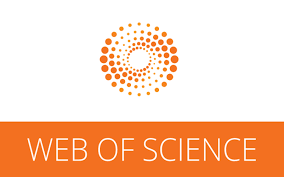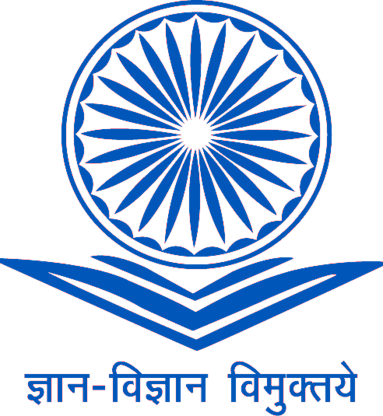Experiential Approaches to Teacher Education: Preparing Future-Ready Educators in India
Abstract
The landscape of education in India is undergoing a profound transformation, demanding a reimagining of approaches to teacher education. This paper examines the pivotal role of active and experiential learning in preparing future-ready educators within the higher education framework. As conventional teaching methods increasingly fall short of addressing the needs of contemporary classrooms, innovative strategies such as active and experiential learning are emerging as powerful tools for fostering critical thinking, problem-solving abilities, and adaptability among aspiring teachers. The discussion explores the theoretical underpinnings of these pedagogical models, their benefits, and the challenges they face in the Indian context. Special attention is given to the integration of Artificial Intelligence (AI) in advancing these learning outcomes, with illustrative examples including the use of a robotic teacher in Kerala. By analyzing both successful implementation practices and potential obstacles, this study offers a comprehensive perspective on how active and experiential learning—augmented by AI—can be effectively embedded in teacher education programs, equipping educators with the competencies required to lead and innovate in 21st-century classrooms.














